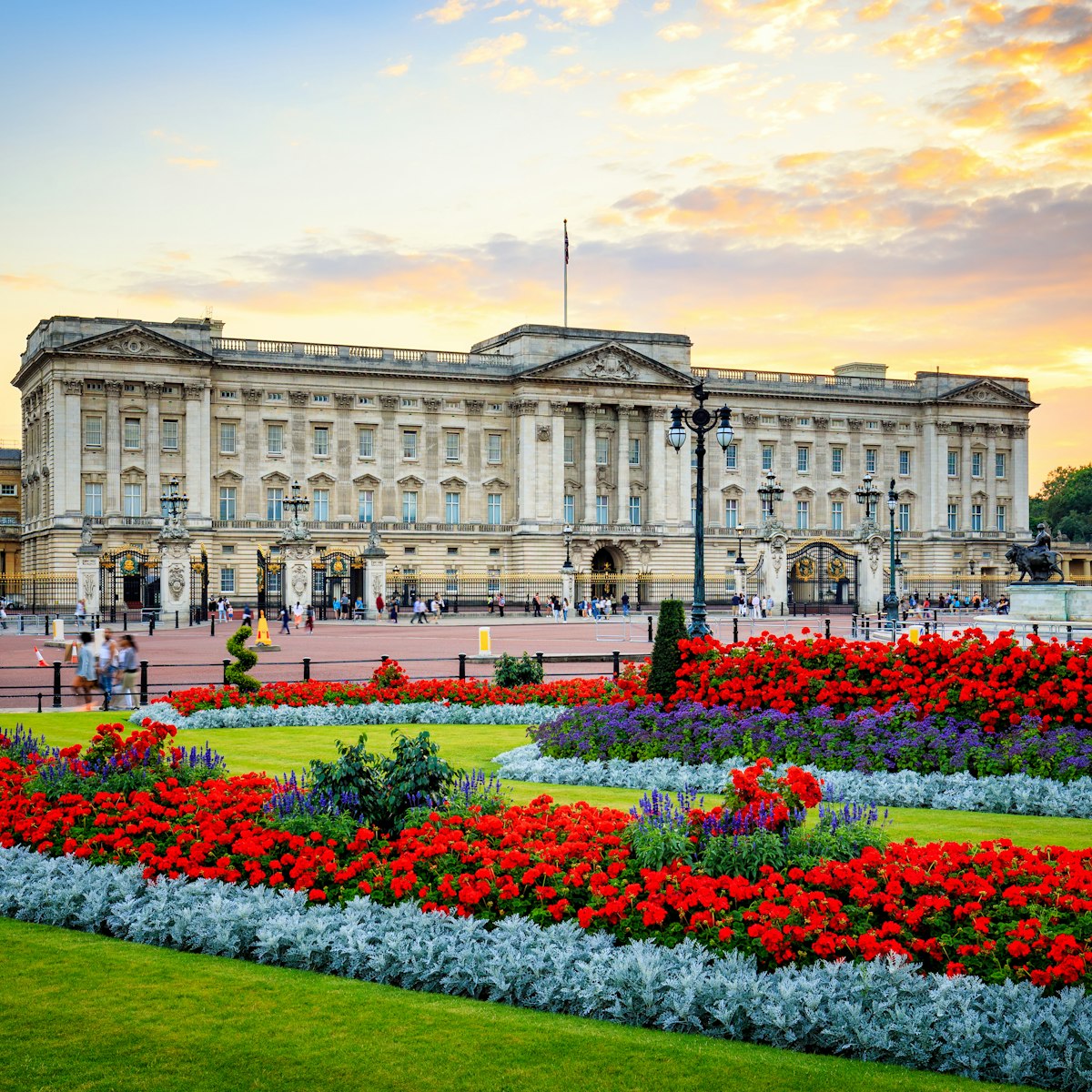St Olave’s was built in the mid-15th century and is one of the few churches to have survived the Great Fire. However, it was badly damaged by a bomb in 1941 and substantially restored in 1954. The diarist Samuel Pepys was a parishioner and is buried here – see the elaborately carved memorial high up on the south wall. Dickens called the place ‘St Ghastly Grim’ because of the skulls above the gate to the peaceful little churchyard garden.

©Will Jones/Lonely Planet
Lonely Planet's must-see attractions

22.74 MILES
The world’s largest and oldest continuously occupied fortress, Windsor Castle is a majestic vision of battlements and towers. Used for state occasions, it…

2.21 MILES
A splendid mixture of architectural styles, Westminster Abbey is considered the finest example of Early English Gothic. It's not merely a beautiful place…

3.71 MILES
One of London’s best parks, Hyde Park spreads itself over 142 hectares of neat gardens, wild expanses of overgrown grass and glorious trees. As well as…

4.2 MILES
The Science Museum will mesmerize with its interactive and educational exhibits covering everything from early technology to space travel. Take the family…

0.89 MILES
One of London's most amazing attractions, Tate Modern is an outstanding modern- and contemporary-art gallery housed in the creatively revamped Bankside…

2.83 MILES
Built in 1703 for the Duke of Buckingham, Buckingham Palace replaced St James's Palace as the monarch's official London residence in 1837. Queen Elizabeth…

2.11 MILES
Both the elected House of Commons and the House of Lords, who are appointed or hereditary, sit in the sumptuous Houses of Parliament, officially called…

10.14 MILES
Where else in London can you size up an 18th-century 10-storey Chinese pagoda and a Japanese gateway while finding yourself among one of the world’s most…
Nearby London attractions
0.11 MILES
This pleasant little park was the site of the Tower Hill scaffold, where a confirmed 125 people met their fate, including St Thomas More, St John Fisher…
0.11 MILES
The oldest church in the City, All Hallows has been a place of worship since 675 CE. It was spared in the Great Fire, but much of today's building is from…
0.12 MILES
London's largest roof garden, The Garden at 120 is a blossoming 15th-floor pocket park paradise. Its mid-rise vantage point gives a unique perspective on…
0.16 MILES
Bombed to bits in the Blitz, the atmospheric ruins of 12th-century St Dunstan's have been left to the elements, resulting in a beautifully sombre public…
0.18 MILES
The nickname of this 39-storey tower completed in 2018 in the City was so apt it dislodged the skyscraper's official name: 52 Lime St.
0.18 MILES
The ferns, fig trees and purple African lilies that clamber up the final three storeys of the 'Walkie Talkie' skyscraper are mere wallflowers at this 155m…
0.2 MILES
While the world’s leading specialist insurance brokers are inside underwriting everything from astronauts’ lives to Taylor Swift's legs, people outside…
0.23 MILES
The ancient Romans had their forum on this site, but this covered shopping arcade harks back to the Victorian era, with cobblestones underfoot and 19th…







